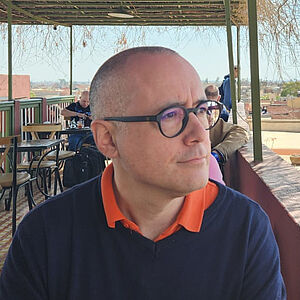
Gabriel Galvez-Behar
Professeur des universités
CNU : SECTION 22 - HISTOIRE ET CIVILISATIONS: HISTOIRE DES MONDES MODERNES ET CONTEMPORAINS
Laboratoire / équipe
Détail d'une actualité
World Economic History Congress - Paris - 25 juillet 2022
Making War Patents Profitable : French Patents on Atomic Energy, Practical History, and The Quest for an American Reward
The development of atomic physics in the 1930s was inextricably linked to an important worldwide patenting strategy. World War II did not interrupt this movement, as Frédéric Joliot-Curie's actions before, during and after the conflict clearly illustrate. The aim of this paper is not only to revisit Joliot-Curie's patenting strategy during WWII but also to show how it was the base of a new strategy during the Cold War, when Joliot and his former collaborators Hans von Halban and Lev Kowarksi tried to obtain an award from the Atomic Energy Commission after the adoption of the Atomic Energy Act in 1954. Based on Frédéric Joliot-Curie's correspondence (Archives of the Institut Curie) and on CNRS records, this paper uses the notion of practical history (Hayden White), which invites to pay attention to the way how actors build their own history to reach practical objectives. The first part of this paper will therefore look at Joliot, Halban and Kowarski’s patents, which were taken out in 1939-1940, and will especially analyze the ambivalence of this strategy during the Second World War itself and, more precisely, during the Occupation. We will then return to the end of the war by showing how the 1939-1940 played a key role in the emergence of the French Atomic Energy Commission in 1947, at the beginning of the Cold War, even though Joliot-Curie's communist sympathies led to his dismissal. Finally, it is precisely the approaches to the EAC that will be analyzed.




